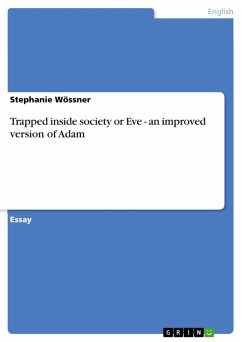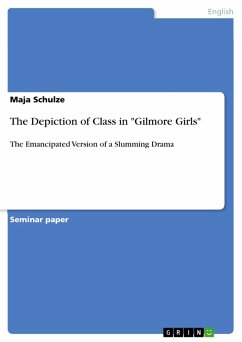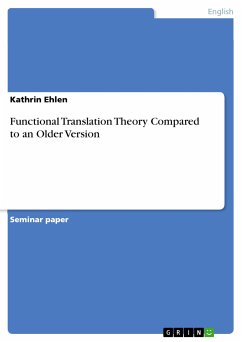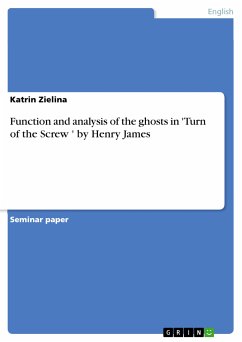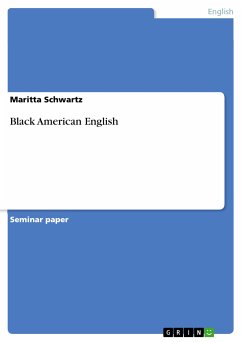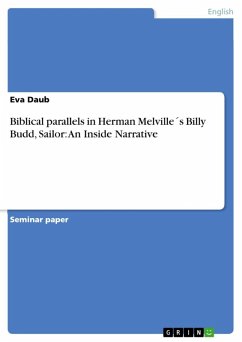Essay from the year 1999 in the subject American Studies - Literature, grade: 1,5 (A), University of Tubingen (American Studies), course: PS I Literatur - Introduction to Literature Studies with the example of the american drama, language: English, abstract: This term paper will show to what a great extent society is influenced by men. I suggest that in Marsha Norman¿s play "Getting Out" her protagonist Arlene would never have faced so many problems in life, let alone would have become criminal, if men did not possess such a great power over society. Men being in power throughout the world was certainly the worst thing that could ever have happened in human history, Arlene being a representative of all the women living and having lived on earth, even if a very extreme one. But in favor of men, I claim that men are not really guilty either because society has become autonomous and cannot be controlled anymore. The basis for my thesis is Gretchen Cline¿s essay entitled "The Impossibility of Getting Out - The Psychopolitics of the family in Marsha Norman¿s Getting Out" which contains feminist, psychoanalytic and existential frameworks to show Arlene Holsclaw¿s oppression within a family that parallels the institutions that bind her. Cline herself uses Walter Davis¿ theory of the "crypt" to analyze Arlene¿s familial and the subsequent social scapegoating in order to show how women are shaped by a society in which the most moral institutions, such as family and religion, justify violation and oppression.
Dieser Download kann aus rechtlichen Gründen nur mit Rechnungsadresse in A, B, BG, CY, CZ, D, DK, EW, E, FIN, F, GR, HR, H, IRL, I, LT, L, LR, M, NL, PL, P, R, S, SLO, SK ausgeliefert werden.

